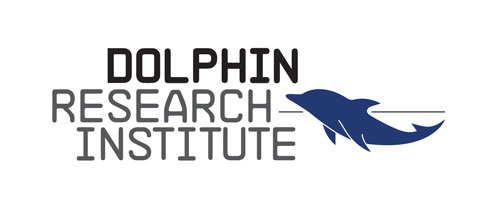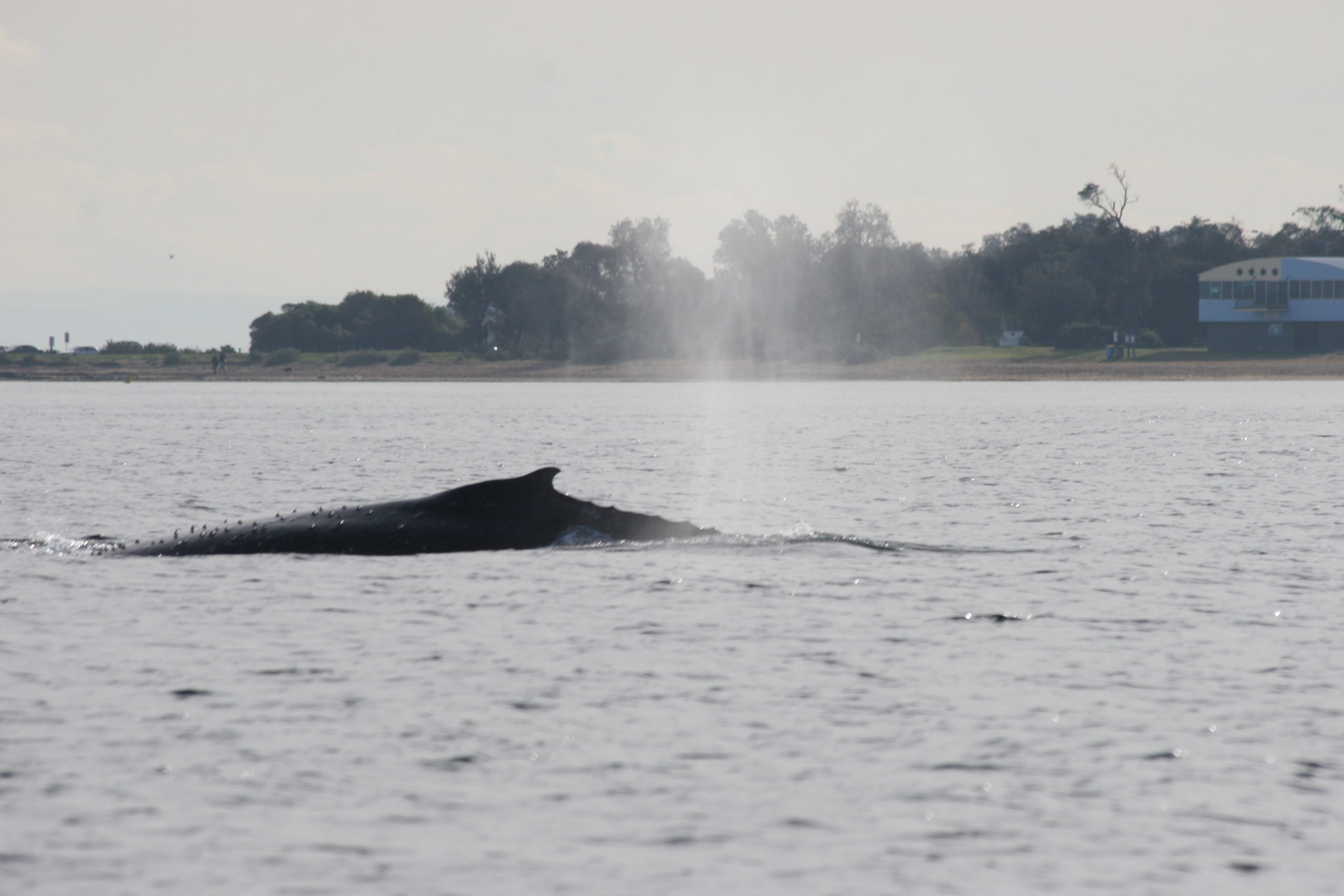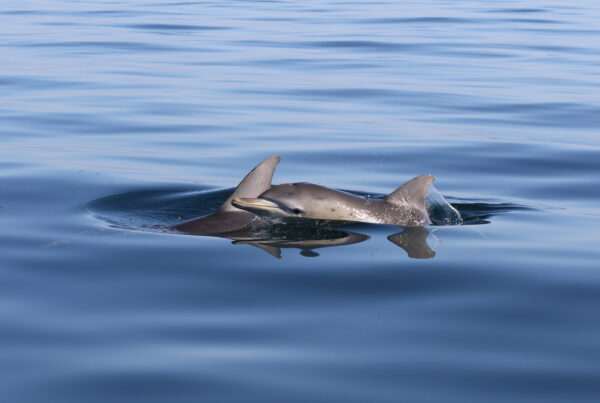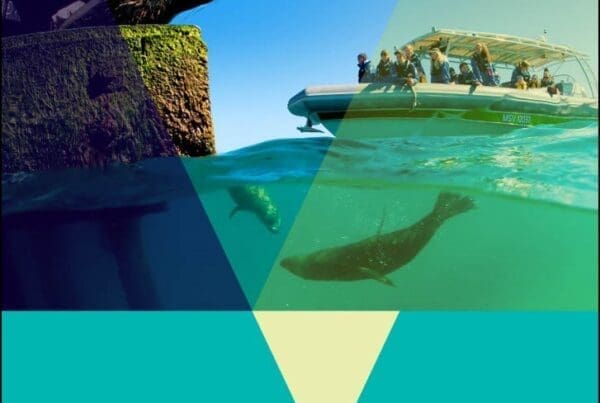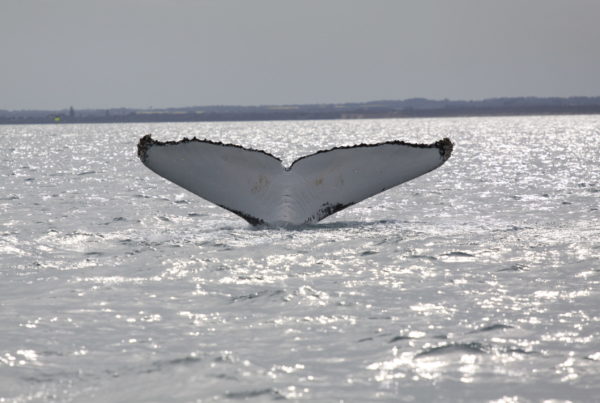The Dolphin Research Institute recently was asked ……
Q. “It is quite some time since the humpback populations were restored. They are now protected. Would it be better to devote resources to other species?”
DRI’s Research Officer, David Donnelly answered. David is also the curator for the Two Bays Whale Project (a joint citizen science project with DRI, Killer Whales Australia and Wildlife Coast Cruises). 
His response covers each of the points. Hopefully it answers some of your questions as well.
Q. It is quite some time since the humpback populations were restored.
A. Are they restored? Current population modelling says no, but we are getting close and much of what will determine the new “restored” population will be determined by the environment’s carrying capacity.
Q. They are now protected.
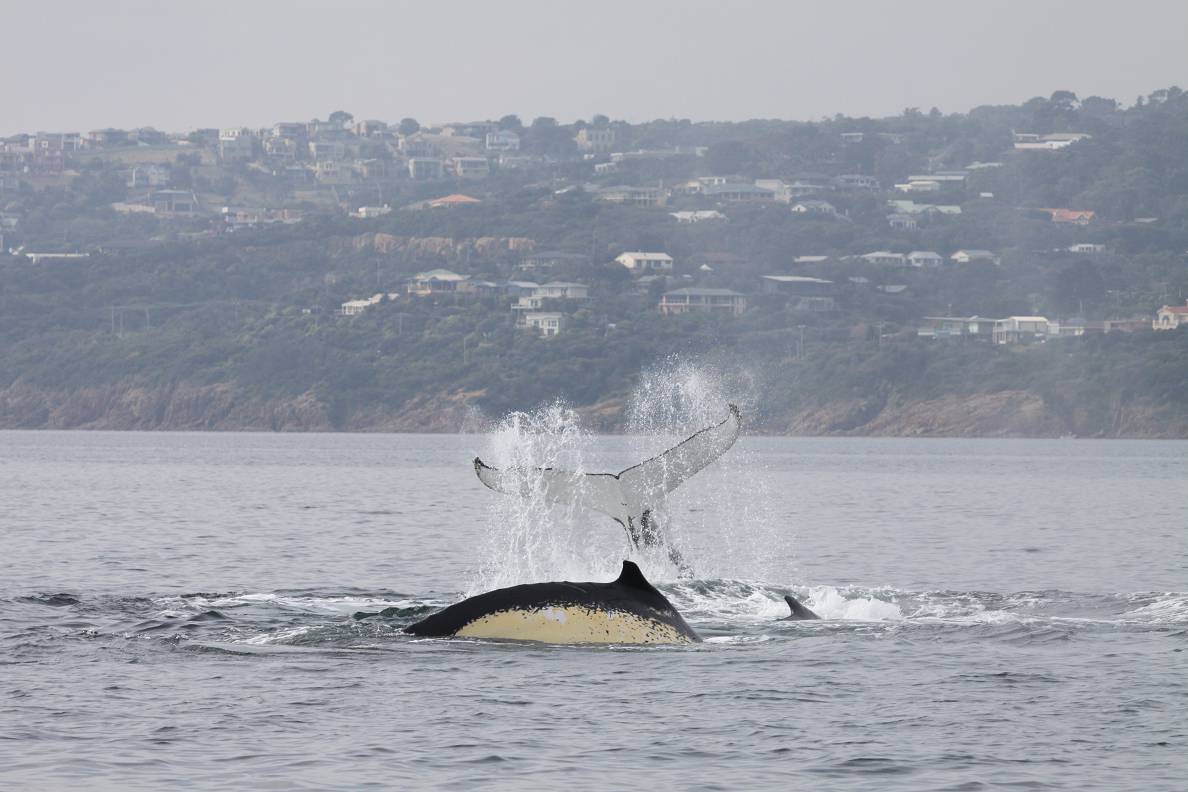 A. That is true, but that does not mean we should cease monitoring. [Under the Environment Protection and Biodiversity Conservation Act 1999 (EPBC Act) all cetaceans (whales, dolphins and porpoises) are protected in Australian waters].
A. That is true, but that does not mean we should cease monitoring. [Under the Environment Protection and Biodiversity Conservation Act 1999 (EPBC Act) all cetaceans (whales, dolphins and porpoises) are protected in Australian waters].
Q. Would it be better to devote resources to other species?
A. This is a very interesting question. Humpback whales represent just one species that the Two Bays Whale Project collects data on. We also collect information on southern right, blue, minke and killer whales, as well as bottlenose and common dolphins. The humpback whale catalogue is just one product from a much larger and all-inclusive dataset. It would be good to devote much needed resources to other species, however it’s also important to continue to monitor humpback whales.
![]() As a result of the Two Bays Whale Project’s work gathering and processing sightings data, a previously unknown migratory corridor through western and northern Bass Strait has been identified. Very little is known about this region as a migratory path and it is important that we understand this better, particularly with the amount of commercial fishing, infrastructure development and large vessel activity that could pose significant threats to whales in the area.
As a result of the Two Bays Whale Project’s work gathering and processing sightings data, a previously unknown migratory corridor through western and northern Bass Strait has been identified. Very little is known about this region as a migratory path and it is important that we understand this better, particularly with the amount of commercial fishing, infrastructure development and large vessel activity that could pose significant threats to whales in the area.
Help support this on-going research by reporting your whale sightings here.
